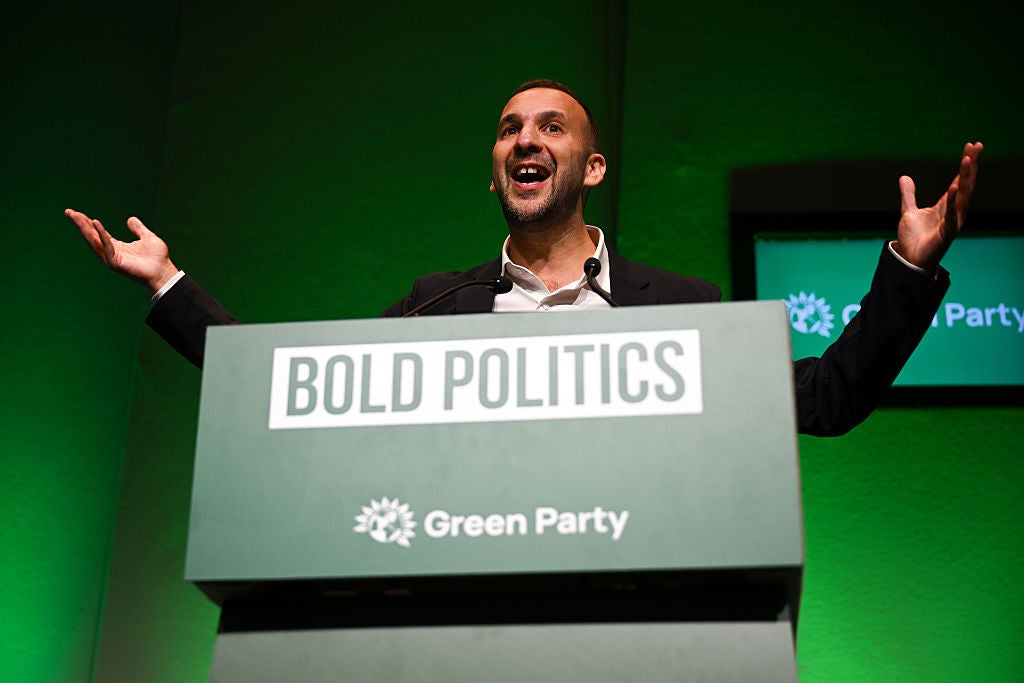The Green Party has achieved a record high in public support, according to a recent opinion poll, signaling a significant shift in the political landscape. Under the leadership of Zack Polanski, the party has seen its membership surpass that of the Conservative Party for the first time, reflecting a growing discontent with traditional political options in the United Kingdom.
Poll Results Indicate Rising Support
The poll conducted by Find Out Now suggests that the Greens now hold 18% of voter support. While this figure still places them 15 points behind the Reform Party, it positions them ahead of the Conservatives, Labour, and the Liberal Democrats. Notably, the Greens have become the most popular party among voters under the age of 40, with Reform following in second place.
A separate poll from YouGov further confirms this trend, showing the Greens neck-and-neck with the Conservatives at 16%, just behind Labour at 20% and Reform at 27%. This surge in support illustrates a notable shift in voter sentiment, particularly among younger demographics.
Polanski’s Vision for the Party
In a recent speech at the party’s conference in Bournemouth, Polanski expressed confidence in the party’s direction. “Greens are now in second place and climbing. We are now the real opposition in British politics,” he stated. He emphasized the Greens’ role in holding the current Labour government accountable while also challenging the Reform Party. “This isn’t a protest vote; it’s a movement. And we’re only just getting started,” he added.
The implications of this rising popularity are significant for Labour. While party leaders might be inclined to dismiss the findings from Find Out Now due to its consistently higher support figures for the Greens compared to other polls, they would be mistaken to overlook this trend.
Polling data indicates a worrying shift for Labour, with only 43% of voters who supported the party in July 2022 still backing it. More than a quarter of these former Labour supporters, specifically 26%, have now aligned themselves with the Greens.
The surge in support for the Greens under Polanski’s leadership highlights a broader trend of disillusionment with established political parties, particularly among younger voters. His approach, characterized by a charismatic and left-leaning populism, appears to resonate deeply with this demographic, suggesting a potential reshaping of the political landscape in the UK.
As the political climate continues to evolve, the Greens’ rise in popularity not only challenges traditional parties but also underscores a growing movement towards alternatives in British politics.







